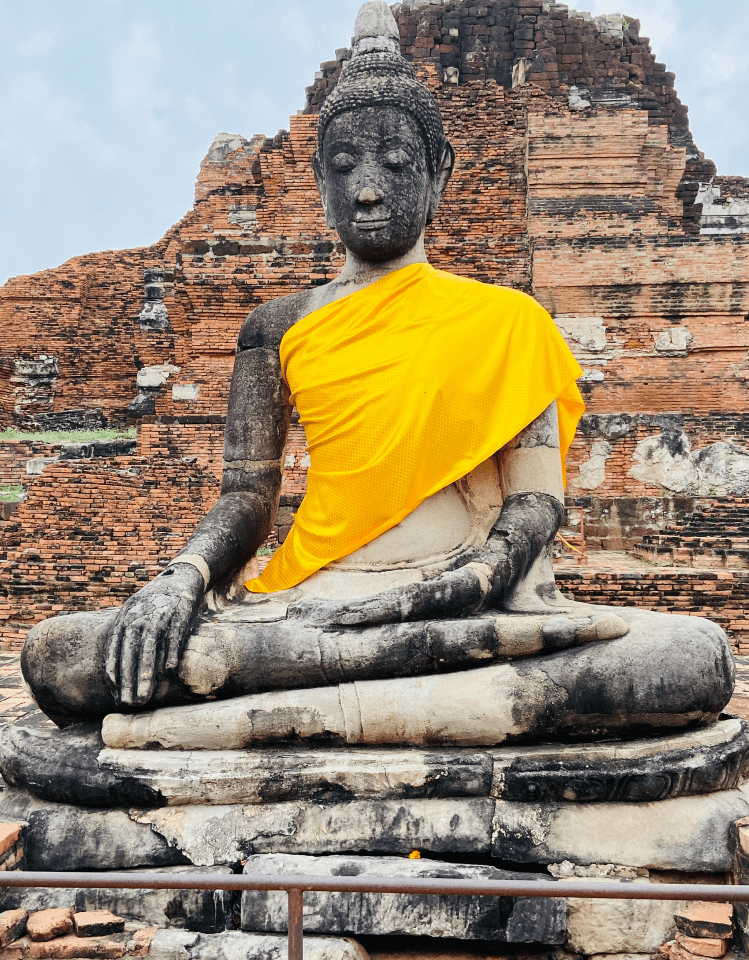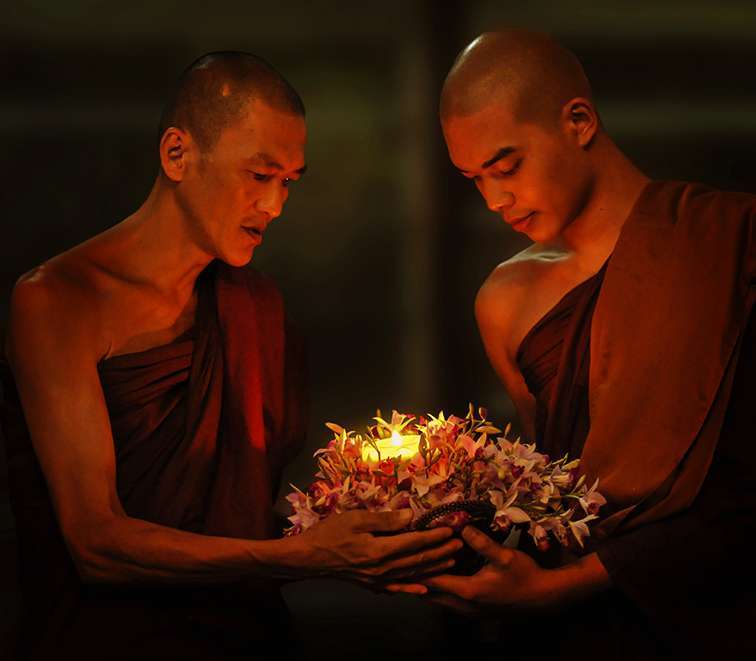About Society.
It started in 1999 in Tri-cities (Hyderabad, Secunderabad, and Cyberabad.) Telangana state, India by three like minded officers of Central Govt Departments in Tri-cities. By visiting various residential area and locations of Hyderabad and Secunderabad. Metropolitan city.
We started work with C collecting family biodata from various residential area as well as visiting and mobilising Buddhist people to come together and unite for benefits of each other. We visited all the Buddha Viharas and made them to come together to celebrated common celebration remembering our forefathers like Jayanti of our beloved Architect of Democracy who offered the Unique Indian Constitutional in the name of “We the people of India….” Organising Buddha Poornima Day World Peace Rally in Hyderabad culminating in Exhibition Ground, Celebrating 1st January victory by 500 brave Mahar Soldiers fighting against mighty forces of Peshva army of 28000.
Within two years of strenuous and selfless work we succeeded in registering this SOCIETY in the year 2001 with Registrar of the Societies at Hyderabad and came into existence on 6th September 2001 under the Andhra Pradesh (Telangana Area), Public Societies Registration Act, 1350, Fasli ( Act 1 of 1350 F) as SOCIETY FOR BUDDHIST CULTURE & SOCIO-EDUCATIONAL RESEARCH (SBCASER), HYDERABAD under Registration No.5978/2001.
Our main vision is to uplift the Social status of poor Buddhist peoples in the countryside as a whole. Our Society believes in Dr. Babasaheb Ambedkar’s Mission and Vision for Quality Education, Equality, Fraternity, Social Justice, intellectual livelihood and the casteless society of this diversified country.
The vision is to protect the health, nutrition, economic, and educational status of Buddhists and marginalized groups of society. The mission became a Wheel in Motion for Buddhist, downtrodden, and deprived sections of the society.






